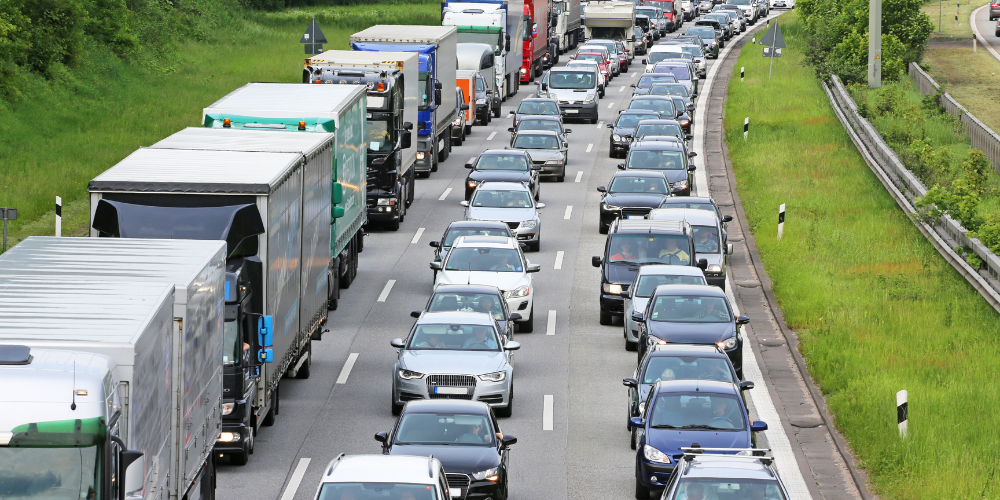
A disaster relief charity offering emergency help after earthquakes, hurricanes and floods has been appointed to help lorry drivers stuck in queues at Dover.
RE:ACT Disaster Response, which has operated in war zones and scenes of natural disaster, has signed a deal with Kent County Council to help lorry drivers queuing on the M20.
Lorry drivers have complained that when traffic control measure Operation Brock is in place they have not received food or water or had access to toilets, reports the Independent.
Brock until June
Operation Brock is a traffic holding system for lorries planning to cross the English Channel.
It was introduced in March after P&O Ferries services were suspended and is due to remain in place on the M20 throughout the half term and Platinum Jubilee Bank Holiday until 5 June, the BBC reports.
The Kent Resilience Forum (KRF), which manages emergency planning in Kent, said a “combination of factors” meant there was a risk of travel disruption.
With up to 50 days a year of gridlock expected Kent Online reports that the six-month deal is worth £158,000.
Holidays add to problem
Kent Council fears the problems of delay will get worse as tourists, unable to travel in the past two years because of the Covid pandemic, are free to head off on summer holidays again.
A spokesperson for RE:ACT said it would provide help to drivers “in the rare times traffic is held so long the occupants need additional food and water”.
The Road Haulage Association has raised fears it will be “dangerous” to approach truckers while traffic moves very slowly, as it does most of the time.
A statement on the deal read: “Kent County Council has long accepted that it has a duty to provide humanitarian assistance to those in need. A direct award was used due to reasons of extreme urgency.”



